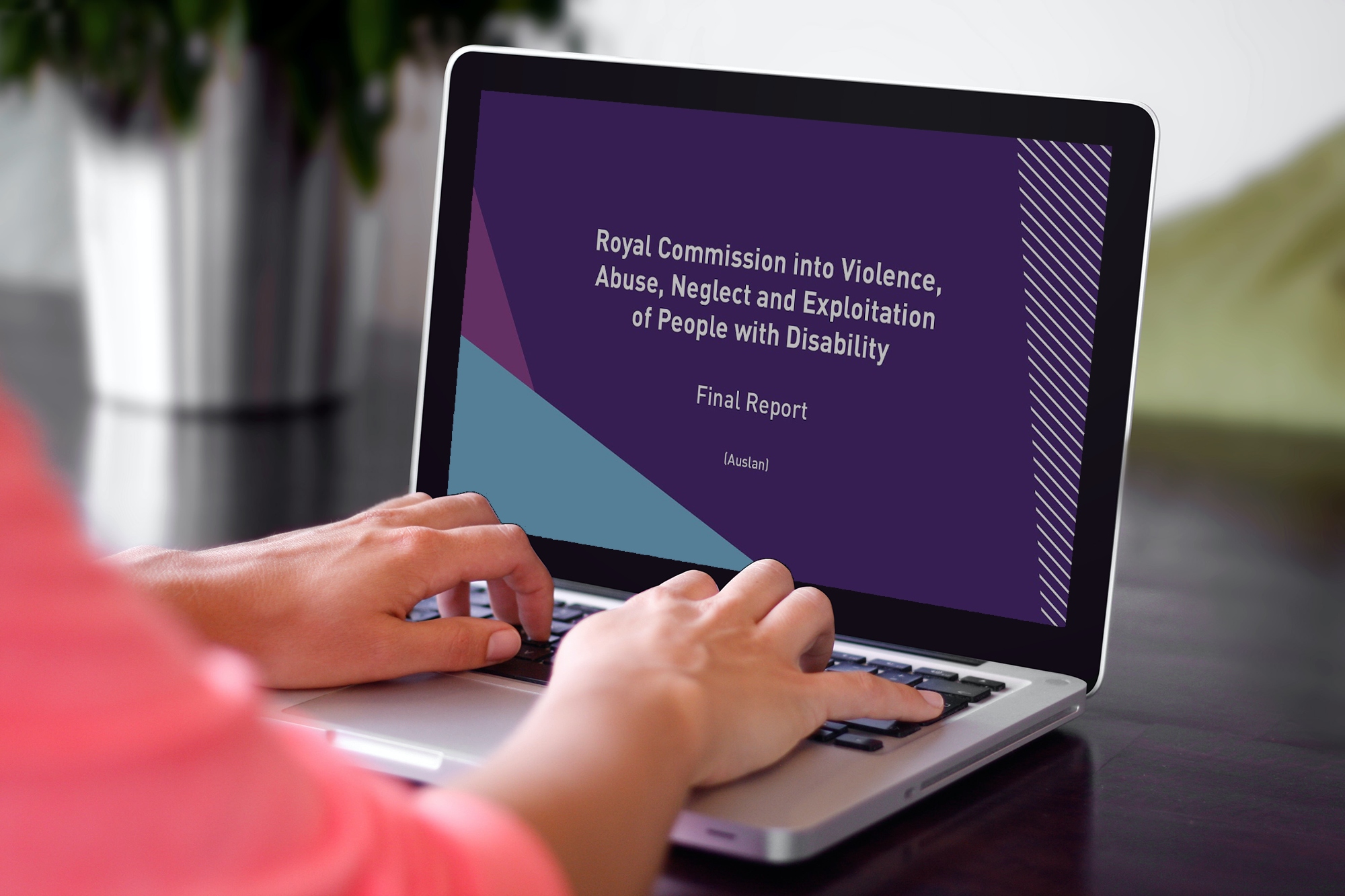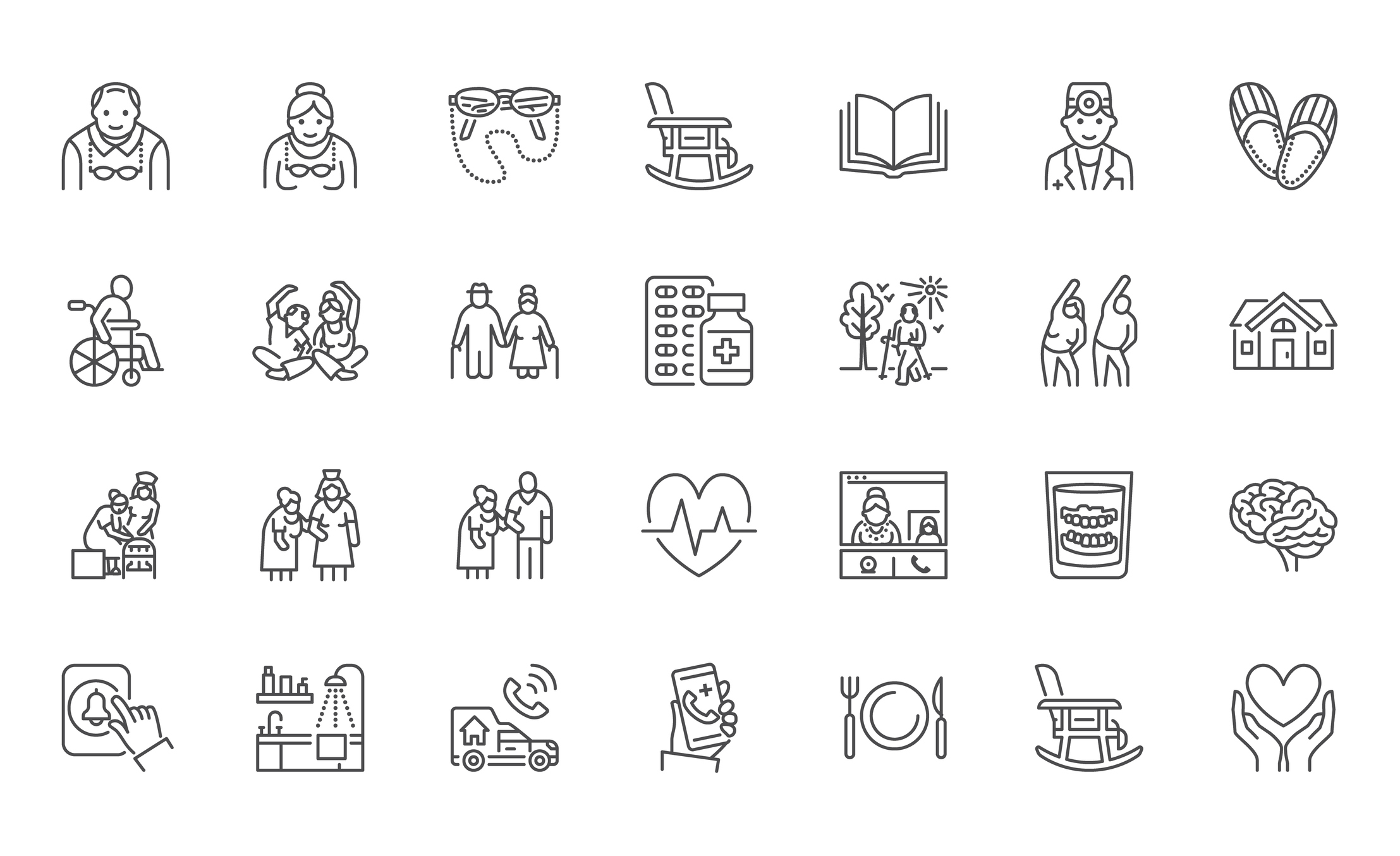Accreditation to the National Safety and Quality Digital Mental Health Standards (NSQDMHS) became available for all organisations on November 1 2022. Digital mental health services provide valuable support to clients, as they can be easier to access for most clients, and they can also offer clients the opportunity to discuss issues anonymously.
Launched in November of 2020, the Standards are not mandatory, however they do provide an opportunity for providers to give greater confidence to users of their services.
Who are the NSQDMHS for?
The Digital Mental Health Standards are available to a variety of mental health support providers. These include providers of:
- Peer to peer support;
- Services that provide information about accessing mental health services;
- Digital counselling; and
- Treatment services (assessment, triage and referral).
Digital mental health services may be provided via telephone, video conference, online (including web chat), SMS, and mobile applications.
What is in the standards?
There are three standards, and a total of 59 actions within the Digital Mental Health Standards. The three standards are:
- Clinical and Technical Governance Standard;
- Partnering with Consumers Standard; and
- Model of Care Standard.
The standards map directly to the National Safety and Quality Healthcare Standards (NSQHS), however they contain fewer requirements than the NSQHS.
For more information about the content within the National Safety and Quality Digital Mental Health Standards, see our previous blog post on the topic.
Should we consider accreditation to the NSQDMHS?
Accreditation to the Digital Mental Health Standards provides clients with the assurance that their service provider is meeting the expected standards for safety and quality. The standards will also help to refine a provider’s processes, and provide better outcomes for users.
Feedback from organisations who participated in the pilot program for the Digital Mental Health Standards was that the standards helped them to document the processes they already had in place, and helped them to identify if they had any issues or areas for improvement in their processes. Organisations highlighted the data collection and management requirements within the Standards, saying that these assisted in mapping patient care journeys and change management processes.
What is the accreditation process?
Accreditation is provided by independent accrediting agencies who have been approved by the AHSSQA Scheme. The Australian Commission on Safety and Quality in Health Care (the Commission) has a list of accreditors on their website.
The process for accreditation to the National Safety and Quality Digital Mental Health Standards is as follows:
Application and engagement
- Application – apply to an approved accrediting agency
- Preparation – implement the NSQDMH Standards and clarify arrangements for an assessment
- Application for not applicable actions – not all of the actions within the NSQDMH Standards are applicable to all providers, here you will specify which actions are irrelevant
Assessment and remediation
- Interim assessment – the approved accreditor conducts an interim assessment which includes:
- Desktop review – a review of evidence submitted by the provider to demonstrate compliance with the NSQDMH Standards
- Verification – an assessment to verify the safety and quality systems described by the provider
- Remediation period – a period of 60 business days is allowed in order to address any areas where the service provider does not comply with the requirements of the Standards
- Final assessment – this assessment is for the actions that were either ‘not met’ or ‘met with recommendations’ during the interim assessment
Outcome, reporting and monitoring
- Outcome – the provider receives an outcome based on the final assessment
- Final report – the accrediting agency delivers a final assessment report
- Submission of data – the Commission is notified of assessment outcomes by the accrediting agency
- Registration – the Commission adds the provider to their register of accredited digital mental health service providers
- Ongoing monitoring – the service provider continues their monitoring and continuous improvement responsibilities
Further reading and how we can help
Since April 2021 we have had a module available to help providers self-assess against the NSQDMH Standards and ensure that their documented processes are in line with the requirements of the Standards. The module is intended to help to conduct a gap analysis before beginning accreditation, and with ongoing monitoring.
The Commission has developed a resource pack for the Digital Mental Health Standards, which can be found on their website.
Sign up for a trial
Want to check out our Digital Mental Health resources? Talk to our team.


